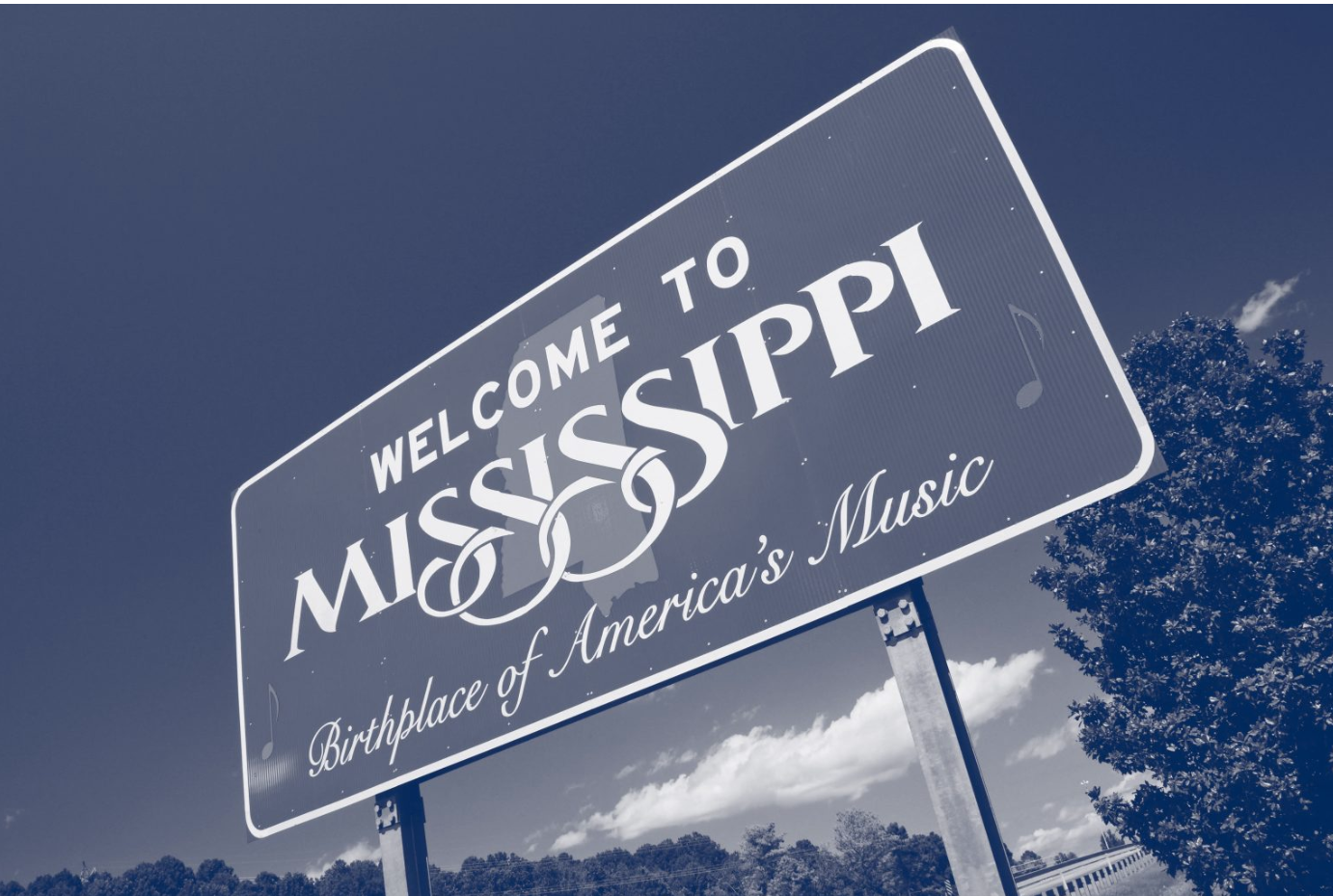History provides the recipe for Democrats in Mississippi
When an election approaches, a lot of focus is on polls. A bit should be on history.
In Mississippi, more than any other state, the margin of victory is often decided by who decides to cast a ballot. The reason is the state’s ideological and racial mix.
For proof, go back exactly 36 years. In 1987, the race for governor was between Ray Mabus, a Democrat, and Jack Reed Sr., a Republican. Both were progressives, at least as conservatives define progressive. Both had strong ties to the administration of former Gov. William Winter. Reed chaired Winter’s Blue Ribbon Commission on Education. Mabus was Winter’s staff member designated to guide school reforms through the Legislature. Neither had any real negatives.
Mississippi had not elected a Republican governor since 1869, but on election day two-thirds of white voters favored Reed. The offset was that about 90 percent of Black voters favored Mabus. The combination gave Mabus 53.4 percent, and the Democratic Party kept its 116-year claim to the mansion intact.
But that was it – or just about it.
A mere four years later, an upstart – industrialist Kirk Fordice – made his first bid for any elective office anywhere. He faced Mabus, who was allowed to seek re-election because the state had changed the limit for governors from one term to two. Mabus was not embroiled in any scandal and had experienced a reasonably calm term. He had at least twice as much money as Fordice. Some sources say Mabus outspent Fordice six to one.
When the votes were counted, however, Fordice had won with 50.6 percent of the vote. The difference? Black voter turnout was down from four years earlier.
Every election season, Republicans are fond of saying Black people are “waking up” and that Democrats are losing their stranglehold on Black voters.
In Mississippi, that would require a lot of waking up. The respected Pew Research Center reports that 78 percent of white Mississippians identify or lean toward the Republican Party, leaving 22 percent likely to vote for a Democrat. Pew says 88 percent of Black Mississippians identify or lean toward the Democratic Party, leaving a mere 12 percent likely to vote Republican.
There’s a deeper level of math here, but keeping it simple: There are roughly 1.35 million registered white voters in the state and 834,000 registered Black voters. Given 100 percent turnout in keeping with their leanings, there can be a super-slim margin of difference.
This was evident in 1991 after Fordice’s two terms when Democrat Ronnie Musgrove received only 8,342 votes more than Republican Mike Parker out of 749,722 cast. Neither of the top two got more than half the votes, so the virtual dead heat election was decided in the House of Representatives – the only time that has happened in Mississippi.
It is simplistic to claim that turnout alone is decisive. It’s important to look at what drives turnout – and it’s not just a party label.
This year’s top of the ticket features incumbent Republican Tate Reeves and Democrat Brandon Presley.
Presley has served fearlessly as Northern District Public Service Commissioner, facing down utility giants unlike his predecessors who catered to the whims of corporations. It takes nerve to call out AT&T as cheating on its contracts. Presley is a populist’s populist who loves to press the flesh and champion the working class.
Reeves, like his predecessor, ascended to the mansion from the lieutenant governor’s office. Seeking another term, he tapped into the, “They’re out to get us,” strategy that has worked so well for centuries, really. Creating fear is Politics 101: Invent a looming threat (people using incorrect restrooms, biological males keeping our daughters from success in sports) and claim to be standing in the gap as the only protection from “them.”
Another standard tactic when any Mississippi Republican has faced a Democrat is to say all Democrats have the same stripes, that Presley is another Biden, Hillary, AOC or Pelosi.
Presley has tried to tie Reeves both to what amounts to the theft of $77 million in public funds (misappropriated) and to protection of those implicated and/or who have admitted guilt.
Another tactic has been to tie Reeves to the closing of hospitals, sales taxes on food and refusing to join the 41 states that have expanded health insurance to lower-income working people.
Campaigns are all about exaggeration – if not outright lying – so it’s not clear that either theme is especially motivational.
And that means it may come down to who votes.
The first public official to endorse Presley was U.S. Rep. Bennie Thompson, the only Democrat and the only Black person serving in Congress from Mississippi. There was serious speculation the endorsement by Thompson – a kingmaker’s kingmaker – was designed to keep the path to the general election clean for Presley. Whether it was or not, the real test is whether Thompson and Presley will be able to blend a majority mix of voters who do, in fact, go to the polls.
History says that happened for Mabus and Musgrove, and it could happen again.
Charlie Mitchell is a fellow of the Overby Center for Southern Journalism and Politics, associate professor and former associate dean of the University of Mississippi School of Journalism and New Media. He was a syndicated weekly Mississippi columnist from 1987 until 2018.




